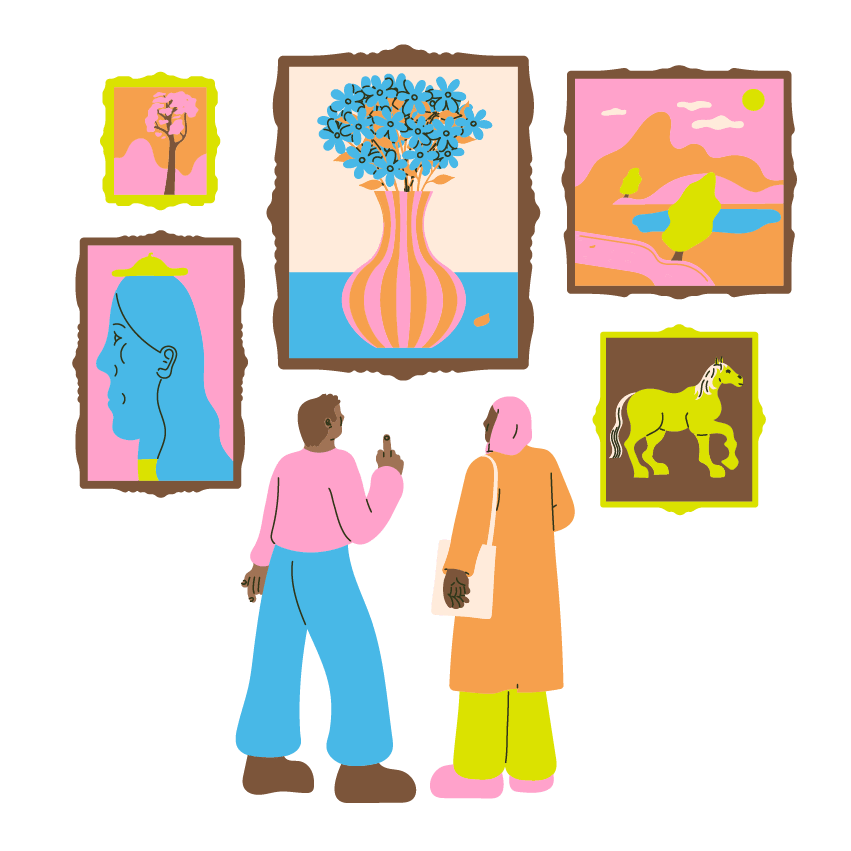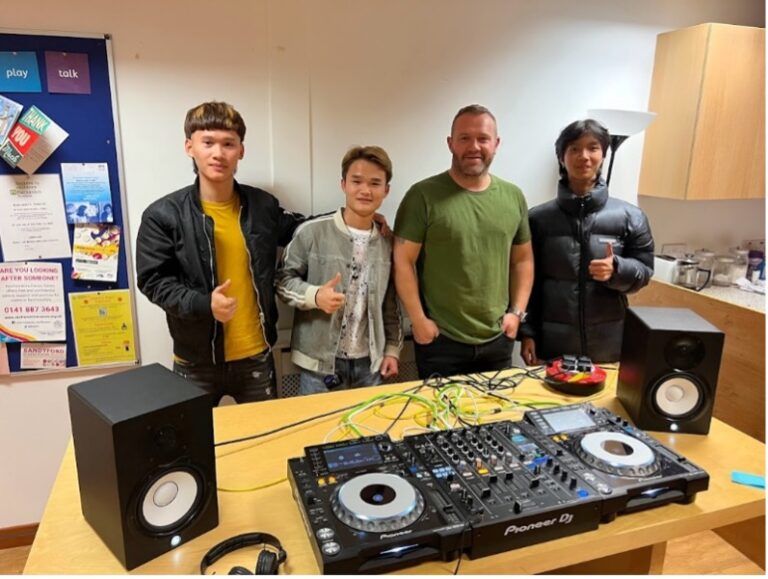The project intended to widen the impact of a weekly club for children from refugee families which has met on Zoom every week since May, 2020, throughout the period of Covid-19 restrictions. Funding allowed the online club to progress to cultural and arts visits, and sports tournaments, as restrictions reduce, and in addition enable online meetings to expand to larger numbers.
Serve2020 – Zoom Club… Zooming Out


The aim of ‘Zooming Out’ is to build on outcomes from previous weekly Zoom clubs held during Covid-19 restrictions by having online club nights and parallel off-line activities, such as visits to cultural venues around Scotland, as well as having monthly club nights off-line, in person, and increasing the number of participants who can benefit from participation.
Key Information
Geographical reach
East Renfrewshire, Glasgow, Renfrewshire
Dates
01/09/2021 – 30/11/2022
Target Groups
Younger people, Refugees, Socio-economic disadvantage
Project Type
Spreading good practice
Background
The current Zoom club (May 2020 – June 2021) started at the request of children who were isolated at home. The need for it came from them. Their parents asked for the opportunity for their children to play together.
An ongoing need has been evident in the children’s committed participation, as well as through their excitement when new people join, or when visitors such as Lamont Farm show them places they could not otherwise access. Travel costs, available transport and childcare mean that there remains a need for an online format for some meetings.
Involvement of New Scots in project
The children have become increasingly involved in the delivery of the project, through planning and suggesting directions. They have also become the public face of the project when public events are held. It is they who speak from the microphone; it is they who welcome and look after guests.
Parents have also become increasingly actively involved through supporting public/in-person events which the children host, as well as transporting the children if family cars are purchased. The photographic reporting of all events to parents has also seen their involvement and feedback increase. The building and grounds which we have made our home for in-person club meetings is now very well known to all parents, and the walls are adorned by framed artwork by the children.
Impact
The Zoom Clubs are all continuing. The children, their parents and their teachers do not want the benefits of the project to stop, and indeed would like to see it expanded.Having supported the children in their identification with their groups and clubs, we could not now suddenly bring the clubs to an end without risking the lasting impact which participation is having.
The biggest challenge currently is now funding, and every opportunity is being pursued to ensure the various clubs can continue for the children who have participated, and indeed to expand participation. The lasting legacy will be that increased sense of belonging in and to both the local community and the country, and in addition, an increasing confidence to step up, to lead, to support other people who need help whether that be in Paisley or Bolivia, or wherever.

Reflections
The key things we have learned is that listening demands time, and that ensuring that these is enough time for every single participant is time-intensive. It is, however, the most effective way to listen to each person and to ensure their voice is heard and acted upon.
If we were to do this again – and as we are continuing we are in effect about to do it again – we would try to create a bigger team of volunteers. That is now becoming possible and includes volunteers from the refugee communities. The biggest challenge to doing this earlier has been the time required to introduce volunteers to the project and support them, while simultaneously managing the project and reporting on it, and evaluating it. Working with children also means that all volunteers are required – rightly – to go through the disclosure process and that can take both time and require additional funding.
The final recommendation we would give to other organisations seeking to do something similar is…to do it. The children will benefit, which is the whole reason for doing it, and the organisation will take great pleasure in the privilege of supporting and seeing that. The local community will be enhanced by the contributions the children and their families make in the near and distant future, and the country will be better for it.
